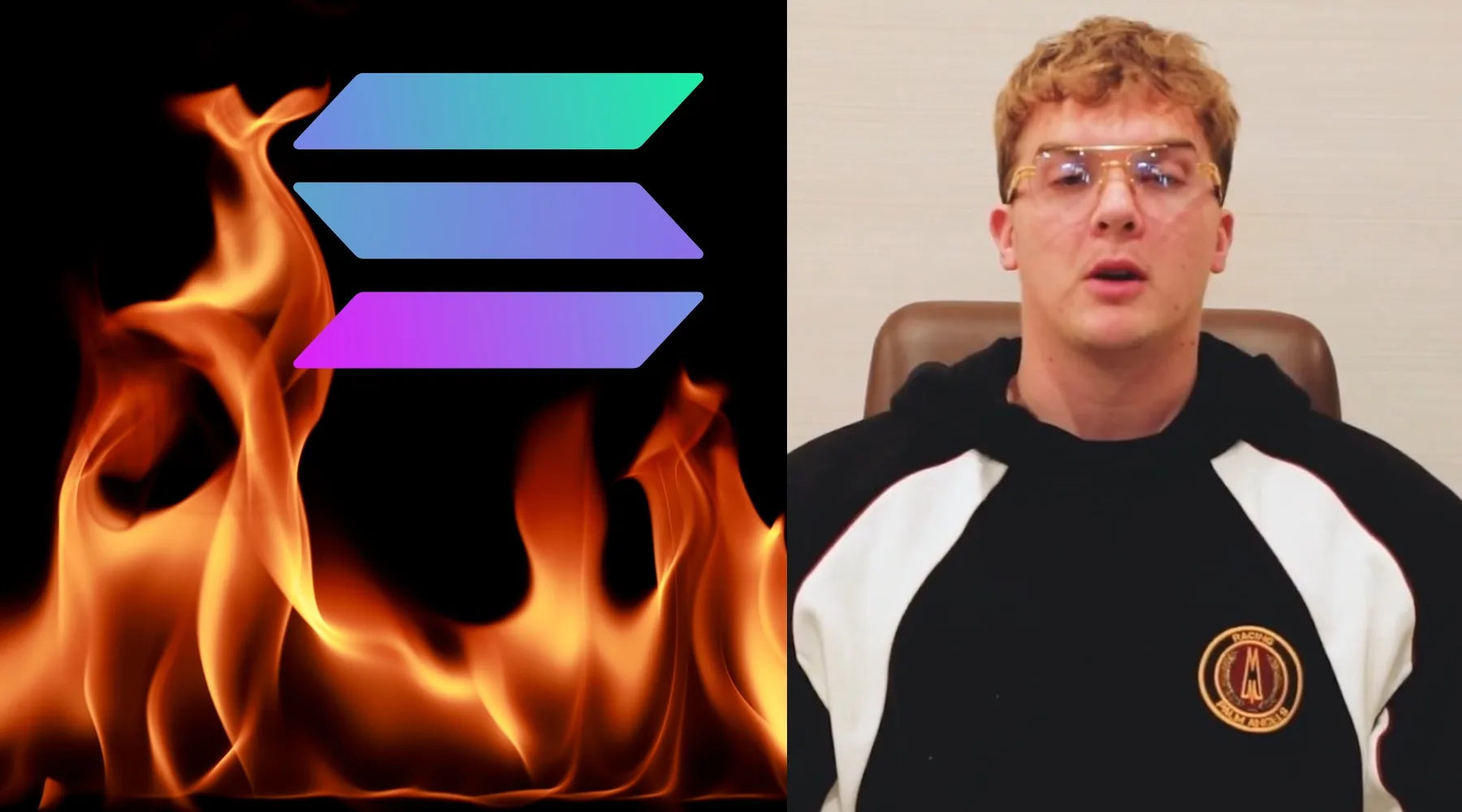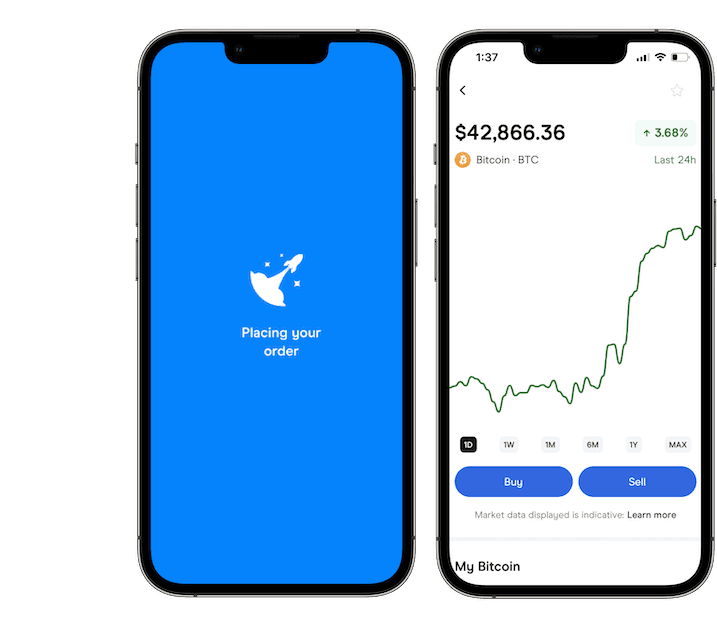Is the Solana meme coin era over?

High-profile controversies involving insider trading, rug-pulls and market manipulation are bad news for SOL and meme coin traders.
If you've been following the cryptocurrency markets closely over the last few weeks, you'll no doubt have seen the ongoing furore over a series of controversial meme coins that have crashed and burned in spectacular fashion.
Such is the scale of the controversy, it's even embroiled actual presidents (and not just US president Donald Trump).
While claims of insider trading and market manipulation have plagued the cryptocurrency industry for years, the latest scandals present an existential threat to Solana and crypto as a whole.
What's happened?
Here's a quick primer for those who haven't been following the story.
Solana, one of the most popular cryptocurrency networks, has become the de facto home of meme coins.
Meme coins are a type of cryptocurrency that are mostly created as a joke and not intended to have any real utility.
Solana's fast transactions and low fees and the launch of platforms like pump.fun make it easy for anyone to launch their own coin.
This has led to thousands of new meme coins being created every day, with most failing to gain any traction, but some managing to catapult to billions of dollars in value.
The most notable example was the launch of the official Donald Trump meme coin ($TRUMP) days before he was inaugurated as US president in January.
This was then followed by the launch of the official Melania Trump meme coin ($MELANIA) days later.
Both skyrocketed to multi-billion dollar valuations within hours, before plummeting soon after.
Given the volatile nature of their price movement and clear links to the Trump family, accusations of insider trading soon followed.
Some early investors made millions of dollars in profit, leaving many others likely to have lost money.
But it's the latest high profile meme coin launch that has sent shockwaves through the crypto industry and may signal the end of the Solana meme coin market.
The straw that broke the camel's back
Last weekend, a meme coin called Libra ($LIBRA) launched on the Solana network.
30 minutes later, Argentinian president Javier Milei's official X/Twitter account announced that the Libra meme coin was a project to help fund Argentinian entrepreneurs and shared the contract address, an identification number that is needed in order to trade a cryptocurrency.
As a result, the price of Libra quickly shot up to US$4.45, giving it a market capitalisation of more than US$4 billion.
It then crashed more than 95% within hours as early investors sold their coins for huge profits.
Milei then publicly withdrew his support for the project and his account deleted the earlier posts.
According to some analysis by Argentine crypto specialist Fernando Molina, while early investors made millions, around 75% of investors in Libra lost money.1
But that was just the start of the story.
At the centre of the controversy is Hayden Davis, a crypto insider who has helped facilitate many of the highest-profile memecoin launches, including MELANIA and LIBRA.
In an illuminating interview with crypto journalist Stephen Findeisen (known as Coffeezilla), Davis claims he made more than US$100 million from launching and selling Libra tokens.
Davis effectively admitted to a number of very serious (and likely illegal) actions, including insider trading and market manipulation.
He also implicated a number of others, including people involved in Solana and Meteora, the decentralised exchange used to launch Libra.
His admissions seem to confirm what many crypto investors have long suspected - that most high profile meme coins are created and launched by a series of insiders.
These insiders are able to invest very early, often in cahoots with the platforms they launch on, and then "dump" their coins for huge profits once the coin launches and regular retail investors start buying.
To make matters worse, Davis admitted to refunding certain high-profile investors who may have lost money on Libra, including internet personality Dave Portnoy.
Further revelations show Davis had bragged about having the ear of Argentinian president Milei because he had been sending payments to Milei's sister Karina.2
Milei is also facing impeachment calls over his involvement in the scandal.3
Ben Chow, the Meteora co-founder, also resigned on Monday as a result of the Libra controversy, but denied any wrongdoing.
Is this the end of meme coins (and Solana)?
Solana and meme coins have been one of the few crypto market success stories over the last 2 years.
With investors generally needing to buy the Solana token ($SOL) to trade meme coins, the price of SOL rose from less than US$20 in late 2023 to more than US$250 by early 2025.
But the crypto markets have endured a tough time since the launch of the $TRUMP meme coin in January, and this latest controversy has damaged sentiment even further.
With more than 99% of investors reportedly lose money on meme coins, it seems crypto investors are now turning away from Solana and meme coins.4
Following the fallout of the Libra scandal, the price of SOL fell more than 15% to US$162.5
It's also not the first time Solana has been embroiled in controversy.
Solana had strong ties to Sam Bankman-Fried, the FTX founder, who is currently serving a 25-year prison sentence after being found guilty of fraud, conspiracy and money-laundering following the collapse of FTX.
Join the crypto conversation – Follow us on X now
Trying to get a handle on the markets? Cut through the noise with our overview of the best cryptos to buy right now, explore some strategies for how to trade crypto or see if there's a better platform for you with our guide to the best crypto exchanges.
Disclaimer: Cryptocurrencies are speculative, complex and involve significant risks – they are highly volatile and sensitive to secondary activity. Performance is unpredictable and past performance is no guarantee of future performance. Consider your own circumstances, and obtain your own advice, before relying on this information. You should also verify the nature of any product or service (including its legal status and relevant regulatory requirements) and consult the relevant Regulators' websites before making any decision. Finder, or the author, may have holdings in the cryptocurrencies discussed.












 Trusted by over 500,000 Aussies
Trusted by over 500,000 Aussies

Sources
Ask a question


